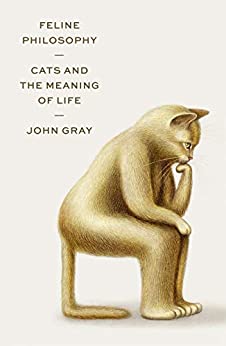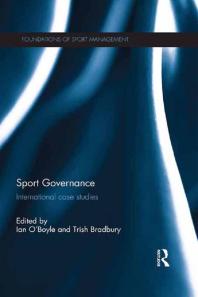The author of Straw Dogs, famous for his provocative critiques of scientific hubris and the delusions of progress and humanism, turns his attention to cats―and what they reveal about humans' torturous relationship to the world and to themselves.
The history of philosophy has been a predictably tragic or comical succession of palliatives for human disquiet. Thinkers from Spinoza to Berdyaev have pursued the perennial questions of how to be happy, how to be good, how to be loved, and how to live in a world of change and loss. But perhaps we can learn more from cats--the animal that has most captured our imagination--than from the great thinkers of the world.
In Feline Philosophy, the philosopher John Gray discovers in cats a way of living that is unburdened by anxiety and self-consciousness, showing how they embody answers to the big questions of love and attachment, mortality, morality, and the Self: Montaigne's house cat, whose un-examined life may have been the one worth living; Meo, the Vietnam War survivor with an unshakable capacity for "fearless joy"; and Colette's Saha, the feline heroine of her subversive short story "The Cat", a parable about the pitfalls of human jealousy.
Exploring the nature of cats, and what we can learn from it, Gray offers a profound, thought-provoking meditation on the follies of human exceptionalism and our fundamentally vulnerable and lonely condition. He charts a path toward a life without illusions and delusions, revealing how we can endure both crisis and transformation, and adapt to a changed scene, as cats have always done.
چکیده فارسی
نویسنده سگ های حصیری که به دلیل انتقادهای تحریک آمیز خود از غرور علمی و توهمات پیشرفت و انسان گرایی مشهور است، توجه خود را به گربه ها معطوف کرده است—و آنچه آنها در مورد رابطه عذاب آور انسان ها با جهان و خودشان فاش می کنند.
تاریخ فلسفه یک توالی تراژیک یا کمیک قابل پیش بینی از تسکین دهنده ها برای اضطراب بشر بوده است. متفکرانی از اسپینوزا تا بردیایف پرسشهای همیشگی را دنبال کردهاند که چگونه شاد باشیم، چگونه خوب باشیم، چگونه دوست داشته باشیم، و چگونه در دنیایی از تغییر و از دست دادن زندگی کنیم. اما شاید بتوانیم از گربه ها - حیوانی که بیش از همه تخیل ما را تسخیر کرده است - بیشتر از متفکران بزرگ جهان بیاموزیم.
در فلسفه گربه سانان، فیلسوف جان گری در گربهها شیوهای از زندگی را کشف میکند که از اضطراب و خودآگاهی خالی است و نشان میدهد که چگونه آنها پاسخهایی را به سؤالات بزرگ عشق و دلبستگی، فناپذیری، اخلاق، تجسم میدهند. و خود: گربه خانه مونتن، که زندگی بررسی نشده اش شاید ارزش زندگی را داشته باشد. مئو، بازمانده جنگ ویتنام با ظرفیتی تزلزل ناپذیر برای "شادی بی باک". و ساها کولت، قهرمان گربه سان داستان کوتاه ویرانگر "گربه"، مثالی در مورد مشکلات حسادت انسانی.
گری با کاوش در ماهیت گربهها و آنچه میتوانیم از آن بیاموزیم، مراقبهای عمیق و تامل برانگیز در مورد حماقتهای استثنایی انسان و شرایط اساساً آسیبپذیر و تنهایی ما ارائه میکند. او مسیری به سوی زندگی بدون توهم و توهم ترسیم میکند و نشان میدهد که چگونه میتوانیم بحران و دگرگونی را تحمل کنیم و مانند گربهها همیشه با صحنههای تغییریافته سازگار شویم.
ادامه ...
بستن ...








![Our mission to the court of Marocco [Morocco] in 1880, under Sir John Drummond Hay - pdf Our mission to the court of Marocco [Morocco] in 1880, under Sir John Drummond Hay - pdf](https://dl.libsan.ir/images/1/12/112108724_694b9e9769312.jpg)

